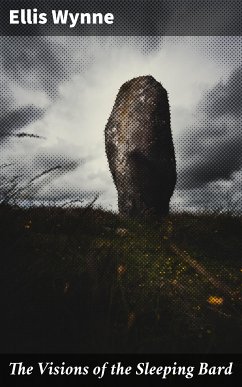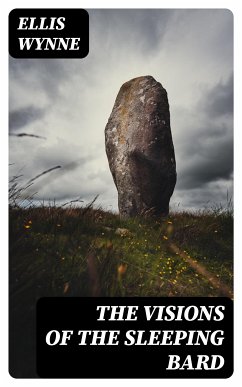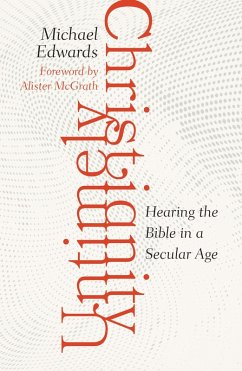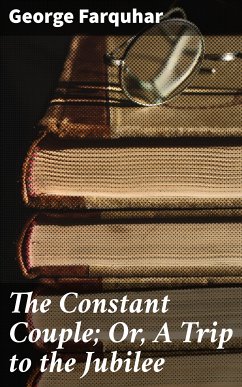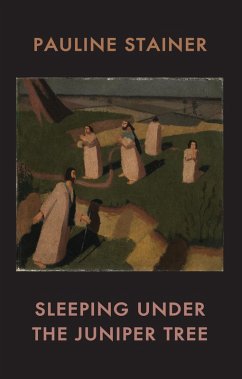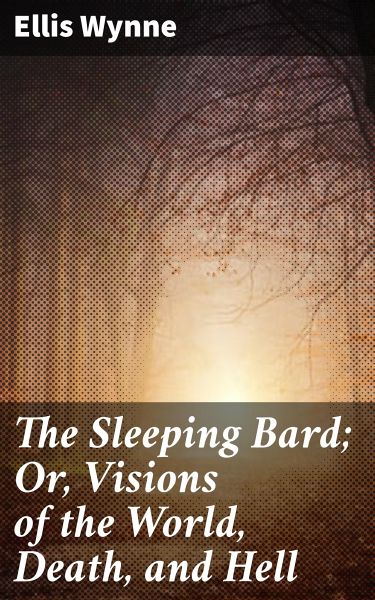
The Sleeping Bard; Or, Visions of the World, Death, and Hell (eBook, ePUB)
Enriched edition. Visions of Morality and the Afterlife in Welsh Bardic Tradition
Kommentar: Stevens, Alicia / Redaktion: Good Press / Übersetzer: Borrow, George

PAYBACK Punkte
0 °P sammeln!
In "The Sleeping Bard; Or, Visions of the World, Death, and Hell," Ellis Wynne weaves an intricate tapestry of allegorical narrative steeped in metaphysical inquiry and moral reflection. Written in a rich, evocative style that combines elements of both the Welsh literary tradition and the reflective contemplations found in early modern spiritual literature, Wynne's work contemplates the human condition through a dreamlike series of visions. This book, influential in its time, serves as a profound meditation on mortality, the afterlife, and the dichotomy between the earthly and the ethereal, re...
In "The Sleeping Bard; Or, Visions of the World, Death, and Hell," Ellis Wynne weaves an intricate tapestry of allegorical narrative steeped in metaphysical inquiry and moral reflection. Written in a rich, evocative style that combines elements of both the Welsh literary tradition and the reflective contemplations found in early modern spiritual literature, Wynne's work contemplates the human condition through a dreamlike series of visions. This book, influential in its time, serves as a profound meditation on mortality, the afterlife, and the dichotomy between the earthly and the ethereal, revealing the psychological and spiritual struggles of humanity in the face of divine judgment and existential uncertainty. Ellis Wynne, a prominent figure of 17th-century Welsh literature, was deeply influenced by the socio-political and religious upheavals of his era. His background in theology and his engagement with the pivotal questions of life and death drove him to undertake this ambitious work. By immersing himself in the rich cultural and philosophical milieu of his time, Wynne crafted a narrative that resonates with the universal quest for meaning and salvation. Readers seeking a profound exploration of life's ultimate questions will find great value in this haunting allegory. Wynne's masterful use of language and poignant themes encourages introspection and offers an invaluable historical perspective, making this text essential for anyone interested in the intersection of literature, spirituality, and human experience. In this enriched edition, we have carefully created added value for your reading experience: - A succinct Introduction situates the work's timeless appeal and themes. - The Synopsis outlines the central plot, highlighting key developments without spoiling critical twists. - A detailed Historical Context immerses you in the era's events and influences that shaped the writing. - A thorough Analysis dissects symbols, motifs, and character arcs to unearth underlying meanings. - Reflection questions prompt you to engage personally with the work's messages, connecting them to modern life. - Hand-picked Memorable Quotes shine a spotlight on moments of literary brilliance. - Interactive footnotes clarify unusual references, historical allusions, and archaic phrases for an effortless, more informed read.
Dieser Download kann aus rechtlichen Gründen nur mit Rechnungsadresse in A, B, BG, CY, CZ, D, DK, EW, E, FIN, F, GR, H, IRL, I, LT, L, LR, M, NL, PL, P, R, S, SLO, SK ausgeliefert werden.




